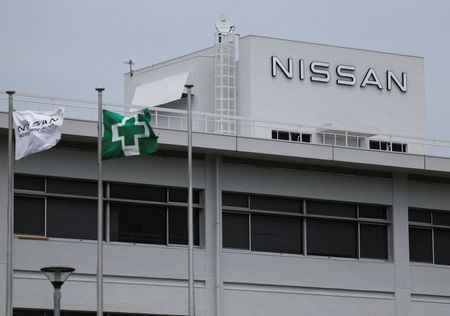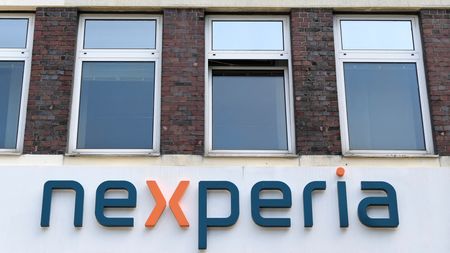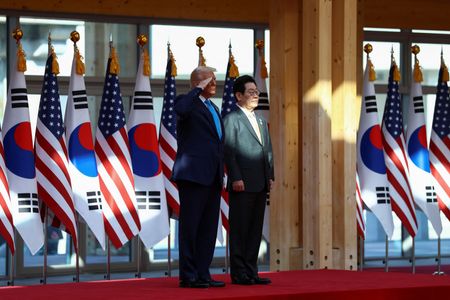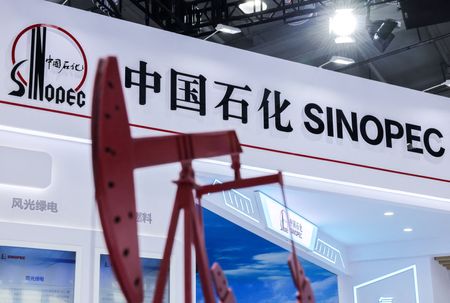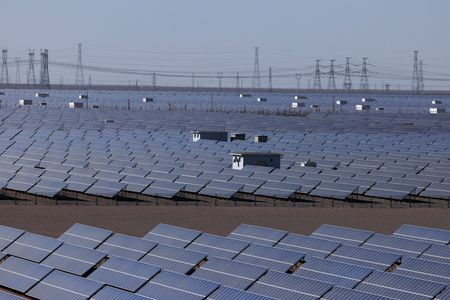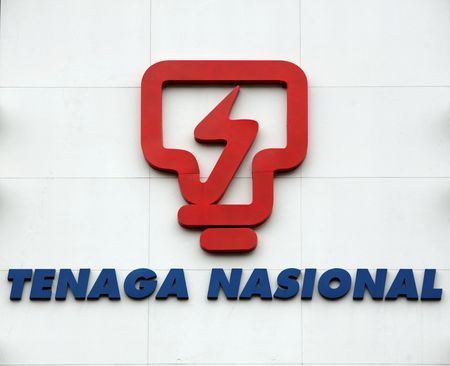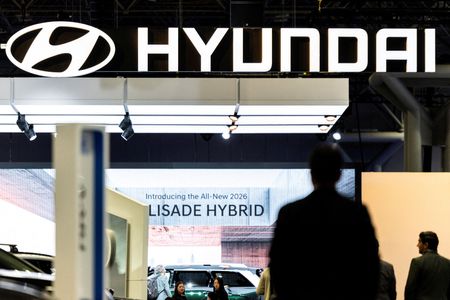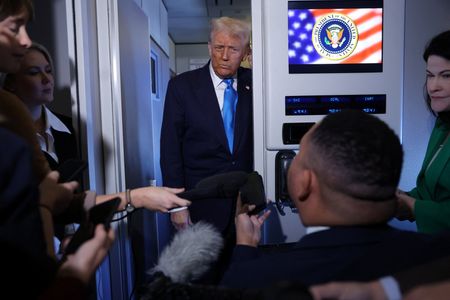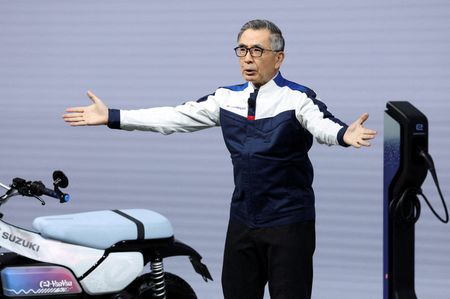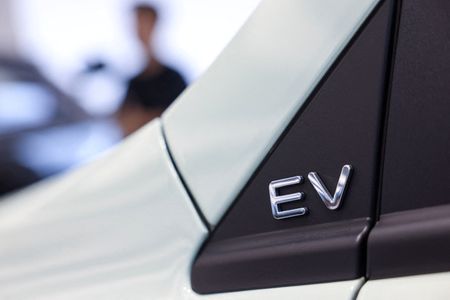By Aditi Shah, Daniel Leussink and Rachel More
TOKYO/BERLIN (Reuters) -Global automakers are scrambling to find chips and checking with suppliers to see if they have enough stockpiled, as a deepening semiconductor supply crunch related to Dutch firm Nexperia threatens car production across the industry.
Beijing banned exports of Nexperia’s products from China after the Dutch government seized control of the chipmaker last month, citing concerns about the transfer of technology to its Chinese parent, Wingtech, which has been flagged by the United States as a possible national security risk.
Nissan Motor and Mercedes-Benz are among the carmakers trying to come to grips an uncertain supply situation, with Nissan saying it had enough chips until the first week of November – just a few days away.
Honda suspended production at a plant in Mexico on Tuesday, and has already started to adjust production in the United States and Canada, a spokesperson said.
Some manufacturers in Brazil may have to halt operations within two to three weeks if the crisis continues, according to a government official there.
Nexperia’s chips are widely used in automotive components, making the supply crunch the latest challenge for an industry already grappling with U.S. tariffs and Chinese curbs on rare earths.
“It’s a big issue,” Nissan’s Chief Performance Officer Guillaume Cartier told reporters at the Japan Mobility Show in Tokyo on Wednesday. “For the moment we don’t have full visibility.”
Cartier said the automaker was “okay to the first week of November” in terms of chip supply.
Even if automakers had learned a lesson from the COVID-era shortage and stockpiled chips, they were still at the mercy of their suppliers, including smaller ones, he said. Although it was possible to have a grasp of the state of supply at its biggest “Tier 1” suppliers, that became more difficult further down the supply chain, he said.
MERCEDES HUNTS HIGH AND LOW FOR SUPPLY
“It goes without saying that we’re scouring the world to look for alternatives,” Mercedes-Benz CEO Ola Kaellenius said, adding that the German automaker was “covered” for the short term. This is different from the last chip crisis because now the issue is rooted in politics and will require a political solution, Kaellenius said.
It was also a reminder that global supply chains left manufacturers vulnerable to global trade friction.
“In a modern high-tech car, you have pretty much all five continents inside,” Kaellenius said.
Automakers are now looking at production stoppages or the use of alternative parts to ride out shortages, said Klaus Schmitz, a partner at consultancy Arthur D. Little.
But ultimately, companies – and governments – will want to sit down with China to find a solution.
“For sure, the companies will now negotiate with China. Governments are negotiating with China, most prominently the U.S.,” said Schmitz.
“The real impact needs to be seen, but it’s very likely a quite critical situation.”
(Reporting by Aditi Shah and Daniel Leussink in Tokyo and Rachel More in Berlin; Writing by David Dolan; Editing by Kim Coghill, Kirsten Donovan)

